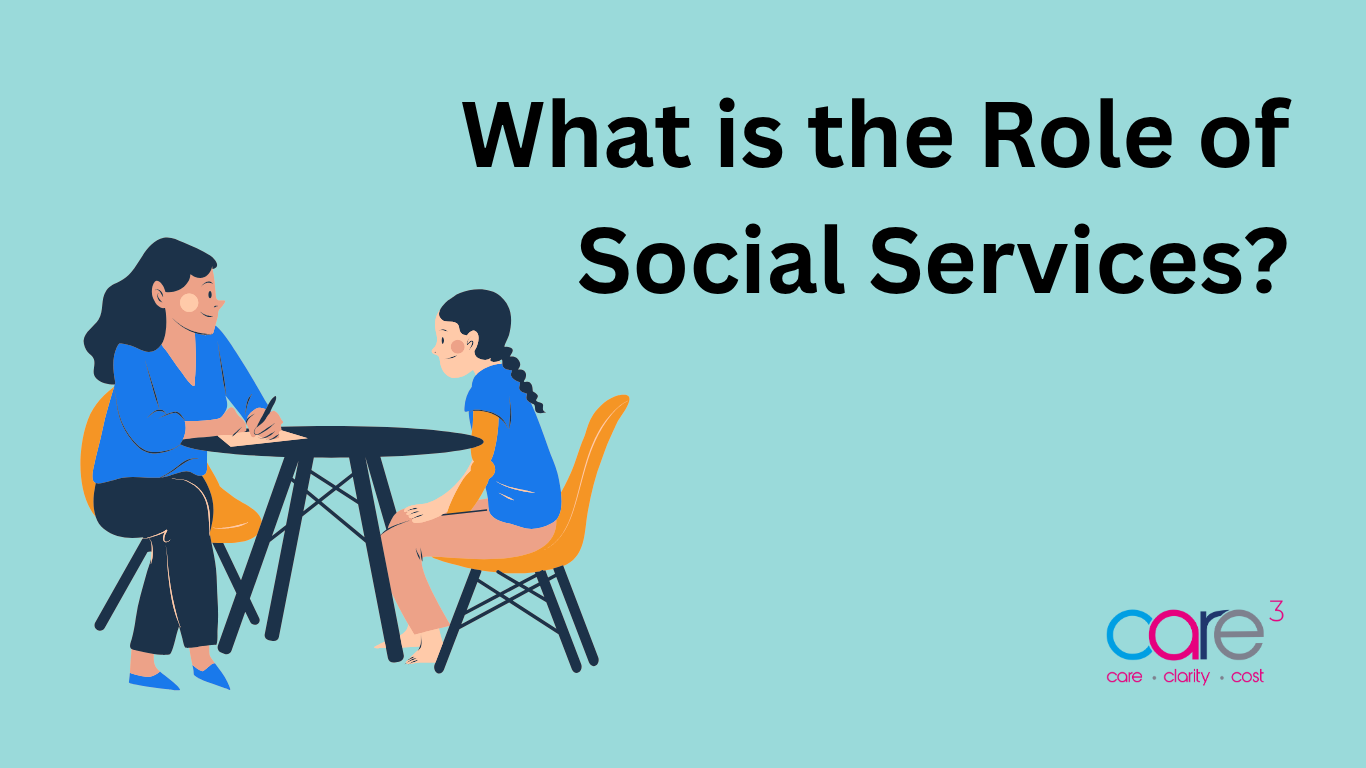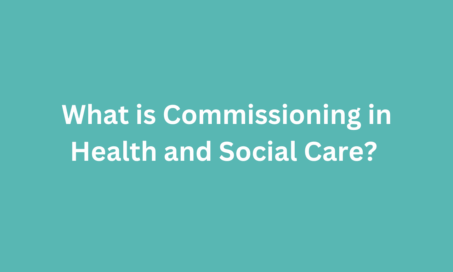
Published in Social Care on 05/08/2025
Social Services are a Local government-led organisations that are in place to protect the wellbeing of vulnerable adults and children. Each Local Authority will have their own unique department that oversees the regions social services responsibilities.
Social services support vulnerable children and adults by providing services for children and families who need their support. This department is responsible for safeguarding vulnerable people and ensuring their welfare.
What Are Social Services?
Social services form a part of local authority services in each local authority area; they are in place to help serve the needs of the local community. Social services will work closely with other agencies and departments. This includes voluntary organisations and localised NHS services to help and offer support in the form of assisting services for children and adults in need.
The specific type of services that they provide will depend on the specific needs of the individual; however, these services can include:
- Day care/ domiciliary care.
- Equipment or aid for maintenance of independence in the home.
- Residential care.
- Carer support.
- Child protection.
- Re-settlement support post hospital discharge.
Why Are Social Services Important?
A strong community is one that is built on the foundations of several building blocks, these building blocks include nourished families, content employees, safe housing, and exemplary role models for the youth. Liveability in a community is what makes a strong community, and social services is part of this.
Social services work together to support all client independence in a variety of manner, from skills growth to resource linking.
Social services are there to fulfil critical requirements for individuals’ health and welfare. The role of social services is to ensure there is a safe and healthy living environment in place for individuals and further support people have full lives. This helps make communities stronger
Key Roles & Responsibilities
Social services in the UK have a variety of jobs that they carry out, some jobs they will carry out can include:
- Assessing needs to ensure that a person is receiving the appropriate support for their needs.
- Providing information to individuals families and carers on organisations or services that can help them.
- Agreeing on a budget to cover the cost of care/support.
- Referrals to other services that may benefit the individual who is receiving care
- Intervention in the case of an emergency to ensure that an individual is kept safe.
Social workers can be invaluable for those who need care, as where money is required to pay for the support that is needed, the local authority may be able to cover the costs and therefore a social worker will be allocated to assess needs and record their needs to ensure that the support is provided as soon as possible.
In some cases, a local authority social services department will have a transitions team. This is in place where there are young people who need assistance and are around the age of 14, to help the child transition from child services to adult services in a smoother way.
That being said, one of the primary roles carried out by social services is the assessment of needs on which a budget for support will be calculated. This is not a service that is typically automated, instead local authority councils should be contacted to request this.
All people have a right to request a needs assessment. However, this doesn’t guarantee that every need identified will be met with the local authority. The assessment should also be conducted based on the challenges that the person faces on a bad day, not on a good day. Those being assessed should ensure not to just say what the challenges are but how they impact them.
Once social services have conducted their assessment, this will then be taken to the council to consider action. Councils have their own criteria for support, and this may be strict in some places.
What Do Social Services Do for Children, Adults, and Older Persons
Services social services provide for children include the following:
- Support for children leaving care.
- Help for children who have serious health problems or disabilities.
- Children who are subject to investigation or who are on the Child Protection Register.
- Support for young people who are homeless.
Social services do support adults as well. Services for adults include the following:
- Supporting older people.
- Assisting people who have physical disabilities or learning disabilities.
- Aiding those who have mental health problems.
- Providing support for those who misuse substances.
- Offering assistance to those who are being discharged from hospital.
- Support for those with HIV/AIDS.
There is a wide range of assistance that social services can offer to help enable vulnerable people to cope better, maintain independence and have a good quality of life. They can help with at home living by adapting the home with appliances such as handrails, switches and ramps.
Challenges Facing Social Services Today
Here are several challenges which social services face today in line with the challenges that face the social care sector. There have been reports from BASW (the Professional Association for Social Work and Social Workers) noting that the cost of living crisis has put more pressure on social work services. Their report states that cuts to local services and insufficient funding has been one of the biggest challenges social workers have faced in the last decade.
This ties in with the increasing demand of services in the social care sector. As demand is increasing, the funds available are not increasing leading to strained services and more pressure on the sector.
How Social Services Interact with Heath & Education
The impact of social services ripples across into the health and education sectors. This is because the care included as part of social care services impacts healthcare services and educational services, especially in the case of children.
Where, for example, a child may have additional learning needs, it is important for social services to liaise with schools to ensure that the child’s full spectrum of needs is met in their education. Additionally in the case of healthcare, someone with mental or physical disabilities may require additional support from the healthcare sector. This includes requiring daily assistance from a healthcare professional such as a doctor or nurse as well as support from social services to ensure that they’re able to live a high-quality life.
The Future of Social Services & Policy Direction
The social care sector overall is due to see some policy changes throughout and post 2025. These include changes regarding increased funding where there is hope that additional financial support should improve accessibility of services, ensure vulnerable individuals get the care they need and reduce waiting times.
As there is a growing demand in recruitment of the roles that support this sector there are policy changes here as well. This includes increased wages and incentivisation for social care professionals, training programs being fast-tracked for social workers, nurses, and care assistants. There was also a recruitment strategy to try and increase the attractiveness of the UK social care sector to overseas professionals. However visa restrictions coming into place for overseas care workers announced summer 2025 would suggest that this is likely to be a very short term approach and that instead the sector is looking at hiring more UK national workers.
CareCubed In the Process
Once social services have conducted a needs assessment, the needs information is going to need to be assessed for funding. Then a provider is located for the individual, especially in cases with residential homes or supported living, an assessment is needed to evaluate the costing for that individual.
CareCubed helps local authorities and providers work together to ensure all parties understand the needs of the individual and the cost of their care. Our tool can ensure that the individuals needs are met to ahigh quality standard as all involved parties are aware of their needs and how to best ensure these needs are met.
With our tool, re-assessments and goals can be set to help future planning for improvement where a need may be able to be mitigated as short-term with the right support, giving the individual more independence over time.
CareCubed is a cost of care tool that gets into the nitty-gritty details of care and helps outline full transparency for local authorities and providers alike. This transparency highlights needs and helps local authorities manage their budgets, aids providers in communicating the true cost of care, all while ensuring that the vulnerable children and adults cared for get the best quality care possible.
If you are interested in finding out more about how we can help you, get in touch or book a demo to see in-action how CareCubed can make your care costing more efficient.







